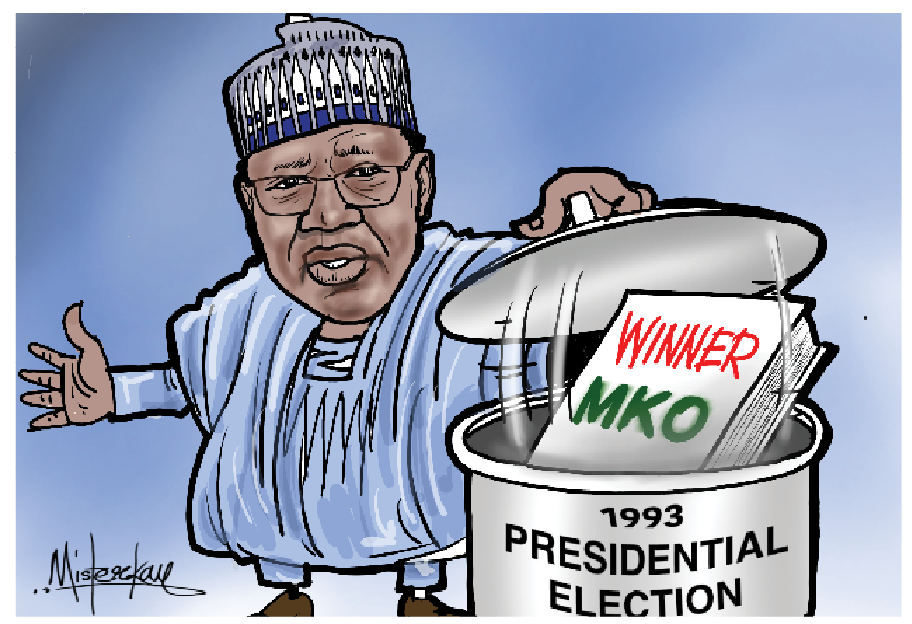The naira has recorded steady appreciation over the past 21 days, reflecting increased stability in Nigeria’s foreign exchange market.
Precisely, on the parallel market, some FX dealers in Lagos traded the naira at N1,490/$, on Friday, while on the official Nigerian Foreign Exchange Market (NFEM) the naira exchange rate against the dollar closed at N1,502/$.
On the parallel market, the naira exchange rate has significantly appreciated comparing the N1,620/$ it was at the beginning of this month to N1,490/$ on Saturday, signalling a N130 gain so far this month. However, on the official FX market the naira which stood at N1,477.9/$ on January 31, closed on Saturday at N1,502 to a dollar.
President of the Capital Market Academics of Nigeria (CMAN), Prof. Uche Uwaleke, who spoke to THISDAY attributed the naira’s improved stability to CBN-led initiatives, including the forex matching system, electronic matching system, and the FX code of conduct.
“I think the stability we are witnessing has a lot to do with some of the measures introduced by the Central Bank measures designed to enhance transparency in the forex market.
“Specifically, I’m referring to the BMatch electronic matching system, and the FX code of conduct. These initiatives have improved transparency and put banks on their toes, knowing that any breach of the code will result in sanctions. That has gone a long way in stabilising the market,” Uwaleke said.
He also highlighted the impact of increased remittances and foreign portfolio investments, noting that CBN’s engagement with international money transfer operators has boosted forex inflows.
“Foreign investments, particularly foreign portfolio investments, have also played a role in improving forex liquidity and, by extension, exchange rate stability. So, I would attribute the current stability in the exchange rate primarily to the CBN’s reforms,” he added.
When asked about the sustainability of the naira’s stability, Uwaleke expressed optimism, citing rising oil production and steady crude prices as crucial factors.
“Yes, I believe it is sustainable, especially considering that oil production is increasing. Currently, we are producing about 1.54 million barrels per day. If we can sustain or even increase production in line with the projections in the 2025 budget and if oil prices remain stable, it will support the exchange rate.”
Also speaking to THISDAY, Head of Agusto Consulting, Jimi Ogbobine, echoed similar sentiments, attributing the naira’s appreciation to improved forex supply conditions.
“The naira’s recent gains are largely on the back of improved supply inflows. With the improved production of crude oil, and the increased inflows of foreign portfolio investors who are being incentivised by the undervaluation of the naira there has been a higher level of foreign currency inflow.
“This improved supply condition has helped with the recent appreciation of the naira to new comfort levels of about N1,500/$.
“Going forward, favourable supply conditions have to remain – especially an average crude oil production level of over 1.55 million barrels per day to sustain the naira’s stability.
“Also, the CBN’s move to allow Bureau de Change (BDC) operators access to the official forex market has also been credited with narrowing the premium between the official and parallel market rates.”
However, analysts cautioned that while exchange rate stability was a positive development, further appreciation was necessary to alleviate inflationary pressures.
“What we desire is not just stability at a high exchange rate; we want the naira to appreciate. A stronger naira would have a positive impact on inflation. If the exchange rate stabilises at N1,500 per dollar, it is still too high. The goal should be to bring it down,” Uwaleke added.
Nume Ekeghe
Follow us on:




 20 hours ago
22
20 hours ago
22








 English (US) ·
English (US) ·